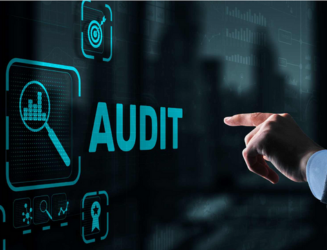

A business audit is a systematic and comprehensive examination of a company's financial statements, operations, processes, and internal controls to assess their accuracy, compliance with laws and regulations, and overall health. Audits serve several purposes, including providing assurance to stakeholders (such as investors, creditors, and regulatory bodies), identifying areas for improvement, and preventing fraud and mismanagement.
Business audits offer several benefits to both the organization undergoing the audit and its stakeholders, including shareholders, investors, lenders, and regulatory authorities. Here are some of the key benefits of conducting a business audit:
Certification of business audits typically refers to the issuance of an official report or certificate by a qualified auditor or audit firm upon completion of the audit process. This certificate, often referred to as an "audit report" or "audit opinion," provides an independent assessment of the financial statements and operations of a business. The certification of a business audit is essential for various stakeholders, including investors, creditors, and regulatory authorities, to gain assurance about the accuracy and reliability of the company's financial information.
A curriculum in business audit typically refers to an educational program or a series of courses designed to provide individuals with the knowledge and skills required to become proficient in auditing, whether for internal or external audit purposes. These programs are often offered by universities, colleges, professional organizations, or specialized training institutions. The curriculum for business audit may vary in content and depth, but it typically covers various aspects of auditing, accounting, and related subjects. Below is an overview of the common topics and courses you might find in a business audit curriculum
